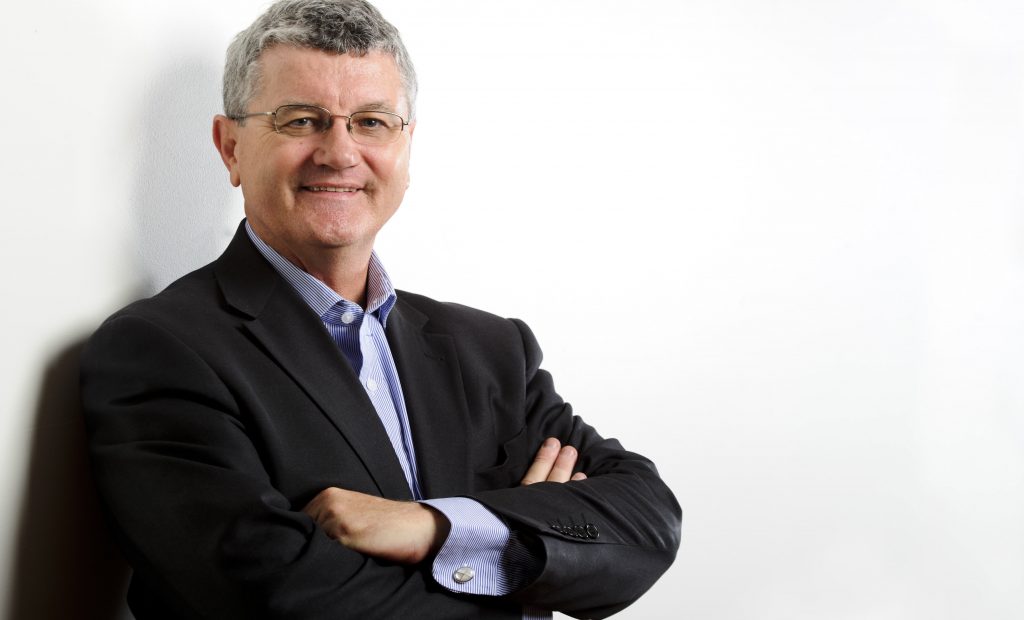Share prices of companies listed on the ASX can be affected significantly by social media, a Melbourne researcher has found in a just-released report.
After studying 3,516 ASX releases, Maria Prokofieva, a senior lecturer in accounting and finance at Victoria University, also found that companies were well rewarded for putting extra effort into reaching investors.
This is because individual investors are limited in time and resources and are unable to track all securities and their announcements. That means prices don’t always reflect all available information.
A Sydney expert in investor social media, David Coe, says Ms Prokofieva’s research confirms separate research by Stanford, Indiana and Manchester Universities, which also shows social media affects share prices.
“This is why Bloomberg now provides social media analytics to its clients. It is why the New York Stock Exchange and the Nasdaq support their companies – especially smaller companies – with investor social media,” said Mr Coe, the managing editor of investor social media agency Investor Torque.
“As Ms Prokofieva says in her report, social media enables companies to grab investors’ attention and lead them closer to the decision to invest.
Ms Prokofieva’s research finds that investor social media helps ASX companies in four ways:
- Reach investors. Smaller companies, which are generally less visible to investors because they get less coverage by the press and analysts, tend to be more effective in employing Twitter to engage with investors.
- Get heard. Social media enables companies to establish a direct rapport with their existing and potential investors instead of relying on the business press and analysts to promote their financial information.
- Be known. Including hyperlinks in tweets increases retweeting and attracts the attention of more investors.
- Be understood. Including hashtags makes it easier to find and share information about companies and topics relevant to them.
Mr Coe said: “This is exactly the combination of factors that was instrumental last week in one of our clients, a $32 million gold minnow with 1,585 Twitter followers, being retweeted to 260,787 retail investors, brokers, journalists, fund managers, wealth advisers and others in the financial markets and beyond.
“That reach put our client, Stonewall Resources (ASX: SWJ) in the top 4% of the world’s most influential Twitter users, just 2 percentage points behind Anglo American as measured by Retweet Rank.”
Ms Prokofieva points out that social media can also be used as a weapon against companies, which means companies without a social voice are leaving their critics to dominate the conversation and harm their share prices.
She cites the cases of David Jones and Whitehaven Coal, which suffered significant share price falls after being attacked on social media in 2012-13.
To counter false markets, the ASX now requires all listed companies to monitor social media for credible rumours and potential announcement leaks.
Ms Prokofieva says the additional corporate resources required to comply with this means social media has become a critical point requiring attention from investors, companies, regulators and IT experts alike.
About David Coe
David is a business journalist who worked for The Financial Review, The Australian, The Times in London, and Macquarie Bank in Sydney. He founded Investor Torque to help companies that struggle for press and broker coverage take their news direct to investors via social media. Investor Torque has editors in Melbourne, London, Madrid, Perth and Sydney.


